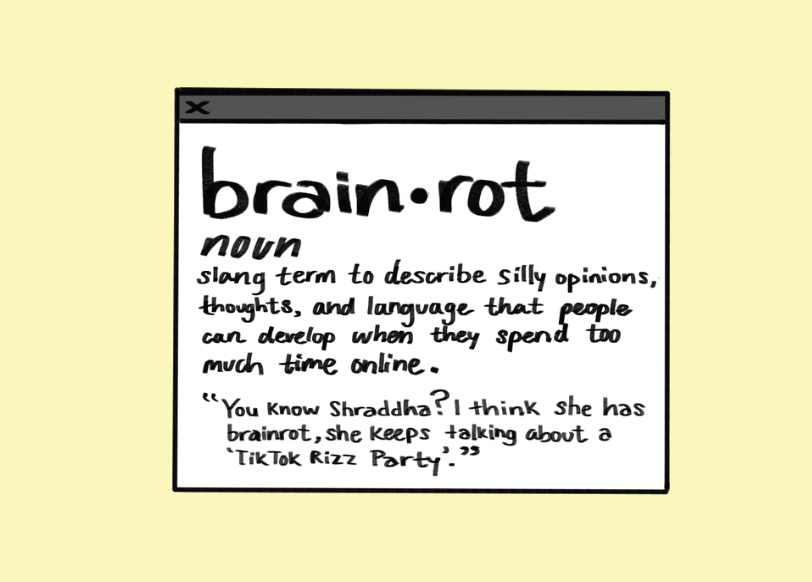While the public has always been fascinated by the secret, inner lives of celebrities, there has been a recent rise in the number of biographical films and shows that are produced. From “Spencer,” “Elvis,” “Oppenheimer” and the upcoming “Priscilla” movie, it is clearly a popular media genre, but there have also been some highly controversial biographies regarding contentious subjects, making many of us wonder: how ethical are biopics?
A biopic is a film that tells the story of a famous person such as an actor, athlete or politician detailing their struggles and achievements. 2022’s record-breaking Netflix show “Dahmer – Monster: The Jeffrey Dahmer Story,” is about American serial killer Jeffrey Dahmer, in which his victims’ deaths are dramatized for the audience’s viewing. Rita Isbell and Tatiana Banks, sister and daughter respectively of Errol Isbell, a young man who was brutally murdered by Dahmer at only 19 years old, wrote in an essay with Insider that their family was not contacted or asked for permission regarding the depiction of Errol’s death during the production of the show. Various family members have stated that the show reopened wounds from the traumatic event of their past. The show, without explicit permission from the Isbell family, also recreates Rita’s intense and emotional victim impact statement to Dahmer in court, down to her exact hairstyle and clothes. While some audience members have found the replication impressive, the Isbells have expressed their outrage at Netflix’s insensitivity to such a devastating moment for their family.
Another issue with biopics is the quality of representation, as exemplified by “Blonde,” a highly anticipated movie about the life of Marilyn Monroe. Audiences hoped that Monroe would finally get the representation she deserved—to be depicted as the nuanced and intelligent person that she was, rather than being reduced to the sex symbol and the blonde bombshell that society viewed her as. Instead, the film was filled with graphic scenes that mainly portray Monroe’s suffering as she endures abuse, assault and two forced abortions. Though the film acknowledges Monroe’s exploitation, it ironically continues to use her figure as such, sexualizing her through the trauma and misery she experienced at the hands of Hollywood. Additionally, despite being marketed as a biopic, much of the movie is fiction and is based on its namesake 2002 novel. The movie unintentionally conveys to its audience the victimization of women in the film industry, which is clear by Monroe’s mistreatment even after her death.
While producers may want to sensationalize certain aspects of a person’s life to make it more appealing for the audience, issues arise when the subject is a sensitive and serious one. It is unethical to reproduce a real person’s trauma for drama, especially when that person is no longer around to give their consent to it. Hollywood needs to exercise consideration when recreating real people’s lives for entertainment.



















